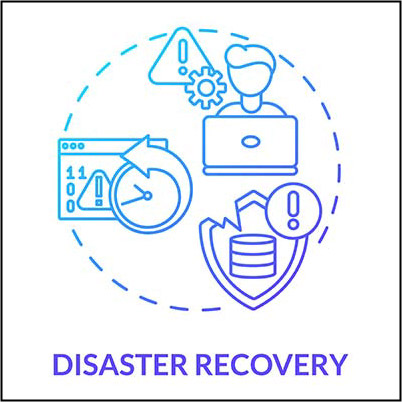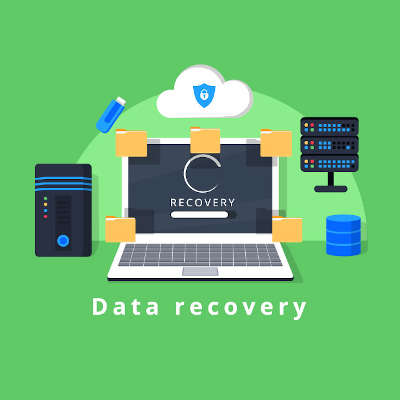Technological innovation can be exciting, but one topic that is decidedly unsexy with technology is data backup—at least, from an excitement point of view. More businesses are demanding greater data security and redundancy, which is in turn forcing developers to innovate and create better products that can give consumers and enterprises what they need. Let’s look at three of the more interesting features of these up-and-coming data backup solutions.
Uh oh. You were trying to be more secure and decided to set up multi-factor authentication. However, you’ve just discovered how important the other factors are when it comes to authenticating your identity. Yes, you’ve found yourself unable to access your means of authenticating yourself. So…what do you do now?
Today’s businesses need a data backup, and just copying over data to another place every so often isn’t enough. Modern businesses need a comprehensive data recovery strategy in place to protect themselves from potential data loss in the event of a disaster. Let’s go through why it is critical to formulate one early on, and how to balance its maintenance with everything else your business demands.
We bet you’ve gone through your old files at some point to clean things up a bit by deleting files from your computer. What if we told you that deleting those files doesn’t actually delete them—at least not entirely? Let’s go over how you can securely delete your files for good while you go about replacing hardware or upgrading your technology systems.
You may have seen us use the term “redundant” on this blog often, and if you are not necessarily familiar with how it might be used in the context of business technology, we understand how you could misconstrue the word in a negative light. However, redundancy is one of the most important concepts to understand in business technology, and it’s key to your business’ continued success.
One of the most important solutions for a small business to implement is a data backup and disaster recovery system. It is a crucial element of any business continuity plan, yet many organizations fail to implement one in an appropriate manner. Let’s discuss three of the best reasons you must consider data backup and disaster recovery now before it’s too late.
Your business is not unique in the sense that it stores and transmits data during its day-to-day routines. Whether it’s financial information for your clients or employee records, it is more than likely that your business holds some kind of critical data that your operations rely on throughout the workday. Would your operations be able to recover from a sudden loss of data?
Data backup is a must-have for every business, but it isn’t enough to just copy your data. You will need to have a data recovery strategy in place to ensure that your business can effectively respond after a data loss incident. Today, we’ll take a look at why considering your recovery strategy early is important, and how to prioritize it with everything else going on with your business.








